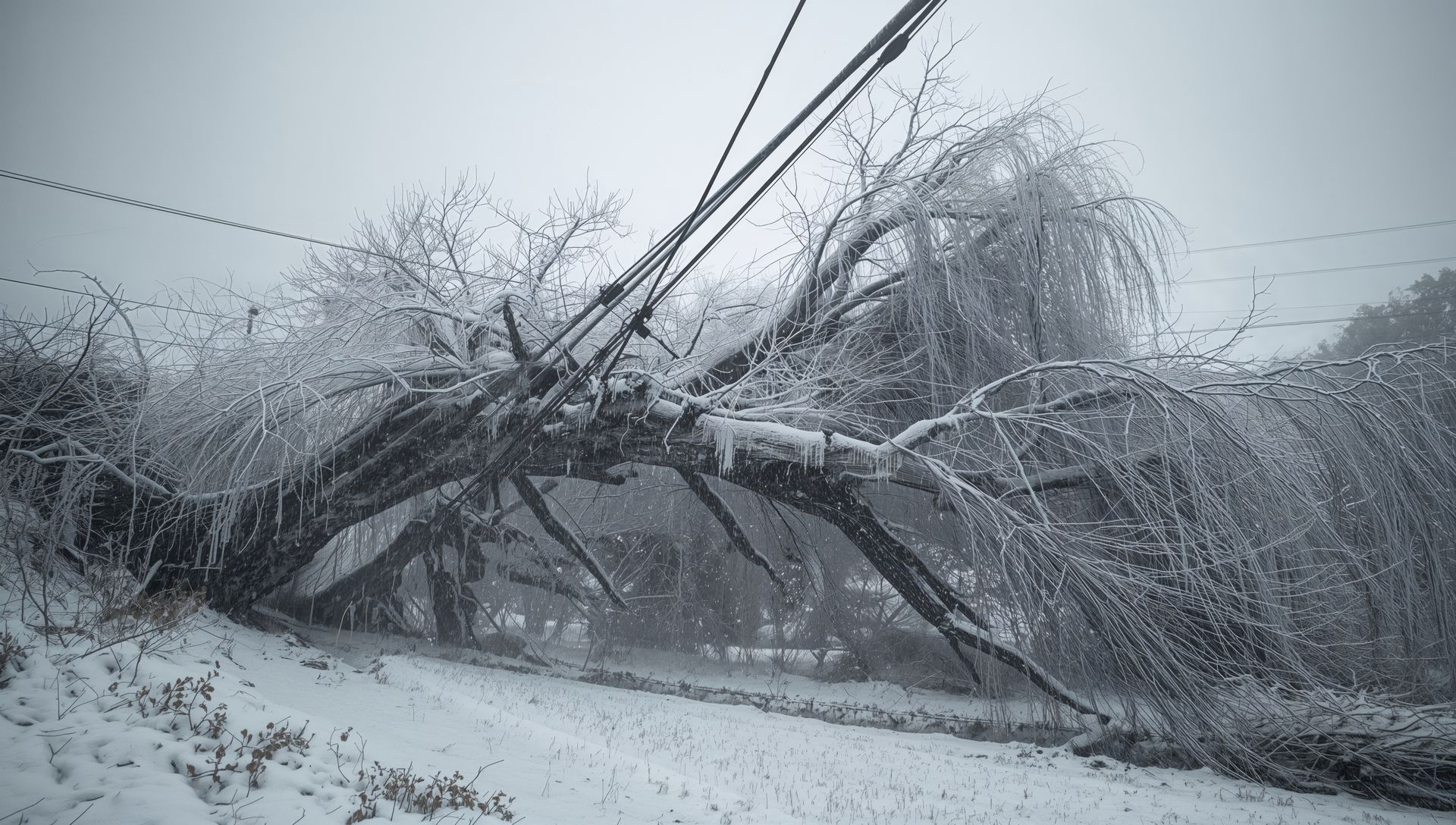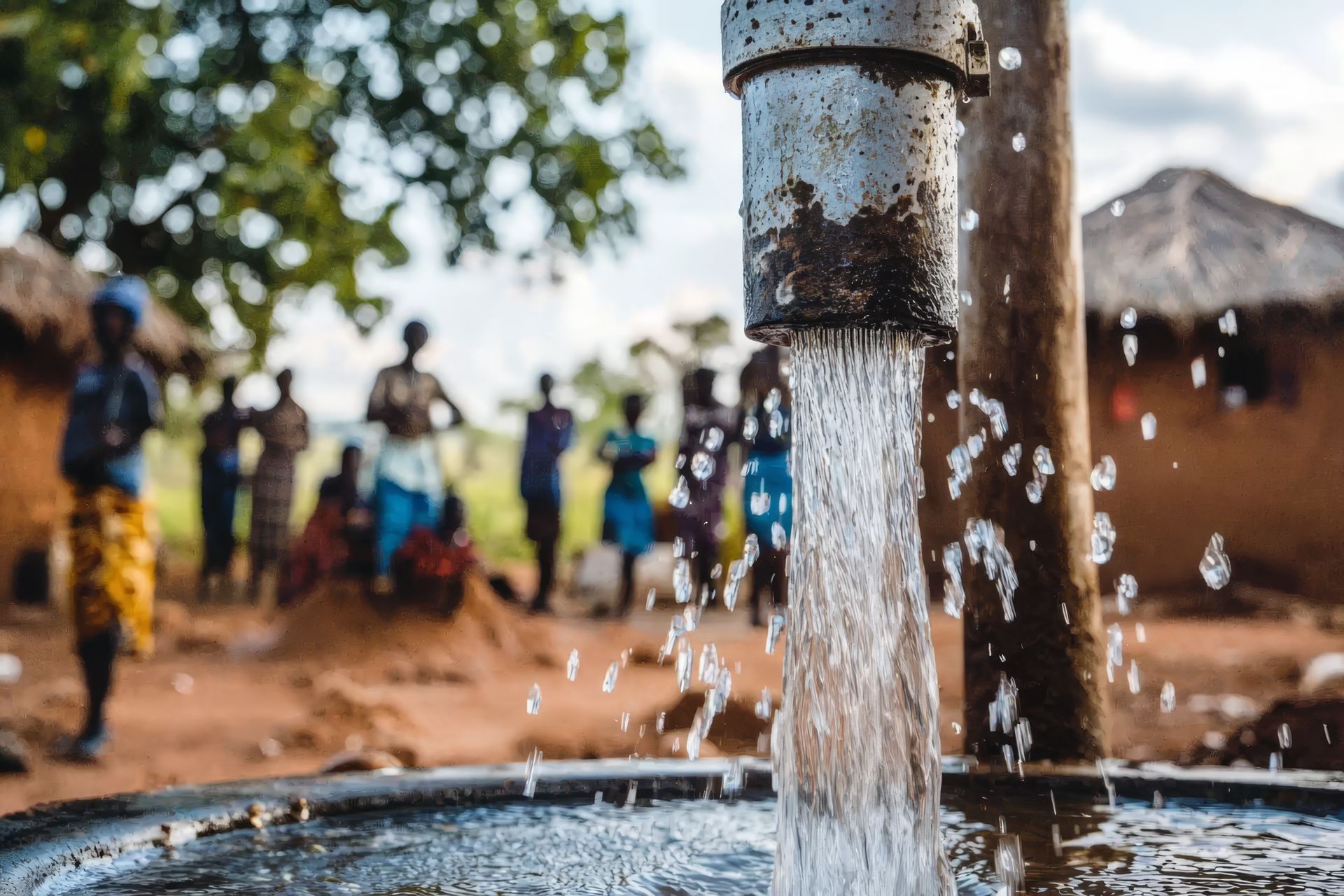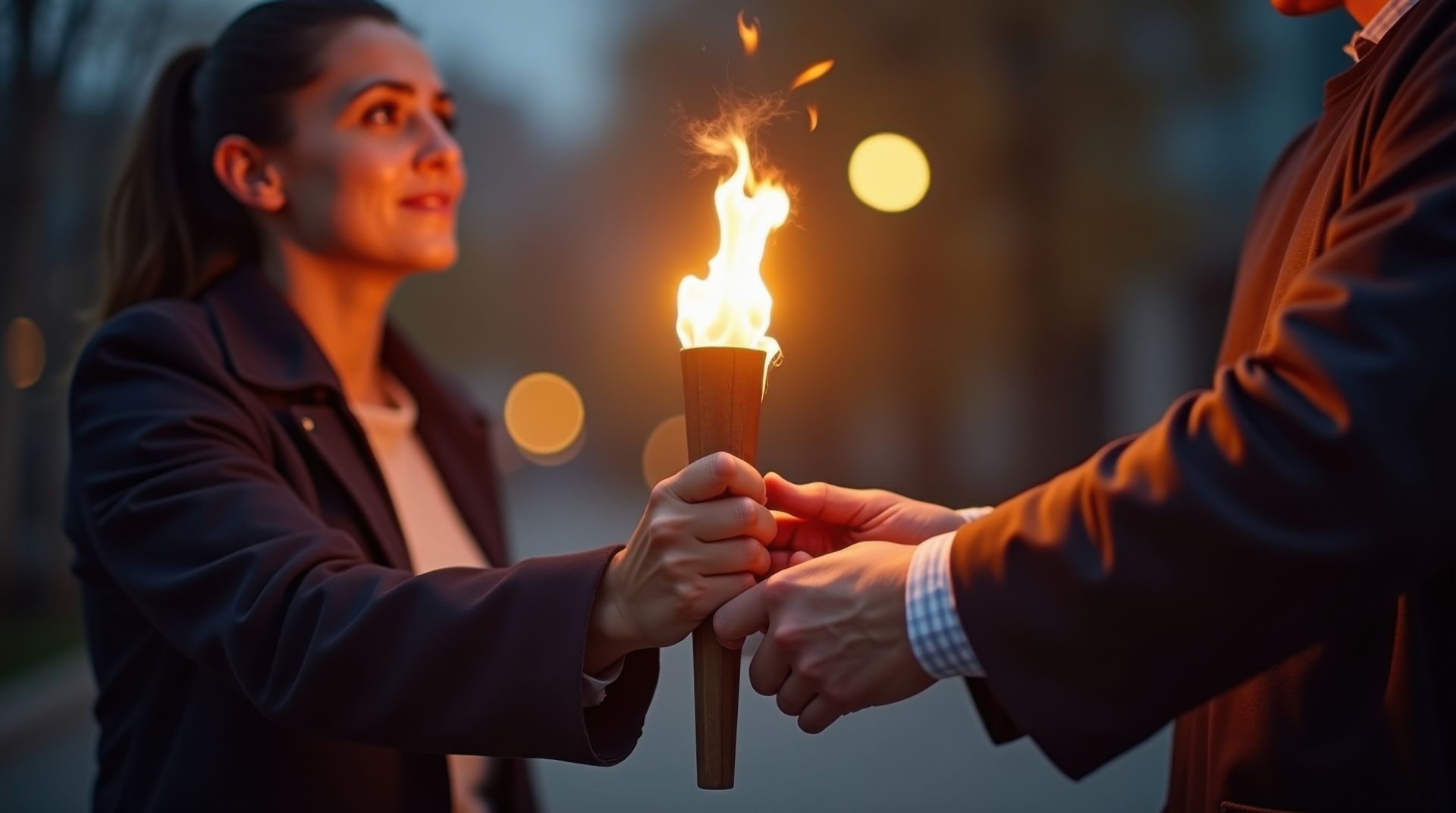Over 100 people responded to the loss, expressing their sympathy on Facebook—and that meant a great deal in the days leading up to the funeral. There were long-time friends of the deceased and the survivors . . . new acquaintances and business associates and customers . . . a whole range of people, all taking a moment from their day to say how sorry they were for the loss.
But then came the night of the visitation. And the day of the funeral. And very few of those 100 or so folks made an appearance.
The family was disappointed, to say the least. Disappointed because everyone seemed to care so much—online . . . and of course it's easier to take 60 seconds and post something than to take 60 minutes and make a trip to the funeral home. They got that. They knew Life and circumstances often have a way of interfering with our best laid plans—that work and weather and a hundred other obstacles can arise. They realized many of their friends had legitimate reasons for not being able to attend, but still . . .
One of the main purposes of gathering when death occurs is to allow the family to say their good-byes, and to allow the friends to support them through that process. Whether it’s a visitation and funeral, a memorial service or celebration of life, or whatever a family chooses to have, this is the time when everyone comes together to honor the dearly departed. But a lot of people, myself included on occasion, think “I’m only one person. They’ll never even know I wasn’t there.” But when everyone feels that way, those absences are not only noticed, they hurt.
Being able to communicate digitally . . . to put a message of sympathy on a tribute wall or online register book . . . to leave your condolences on someone’s Facebook page, whether it’s the person who died or those they left behind . . . these are all wonderful ways of acknowledging someone else’s loss, especially if you’re across the country or even across the world. But digital friendships don’t take the place of actually being there, in person, when someone is grieving. They don’t take the place of a warm handshake or a comforting hug. They don’t give you the opportunity to laugh together as you share the stories . . . or cry together as you share the pain. And I’m afraid we’ve forgotten that. We’ve forgotten that human interaction trumps digital every. single. time. This family experienced that; it’s why they gave me permission to remind everyone how important we are when someone is grieving. Our physical presence has the power to make a difference, even if only for a moment. It still means a lot when you take that 60 seconds to post your condolences. It just means so much more when you take that 60 minutes to do it in person.
About the author: Lisa Shackelford Thomas is a fourth-generation member of a family that’s been in funeral service since 1926. She has been employed at Shackelford Funeral Directors in Savannah, Tennessee for over 45 years and currently serves as the manager there. Any opinions expressed here are hers and hers alone and may or may not reflect the opinions of other Shackelford family members or staff.













